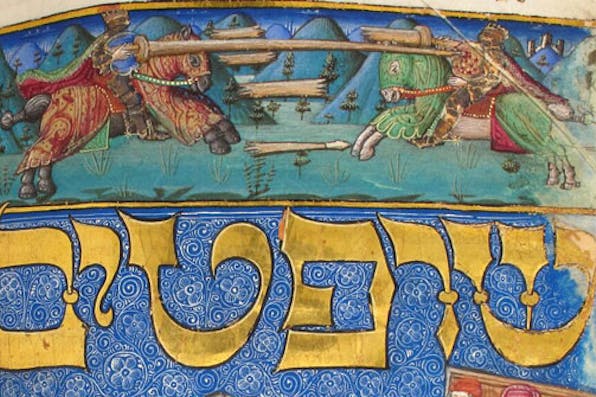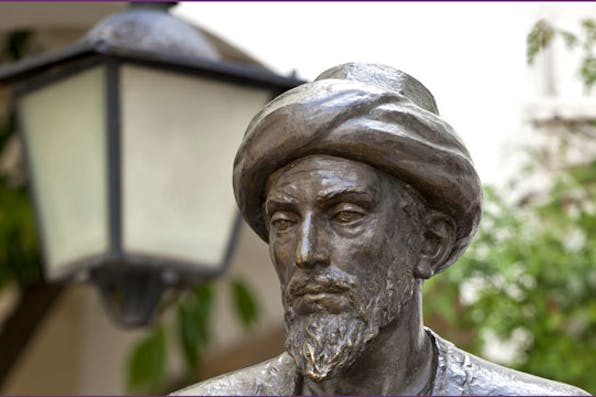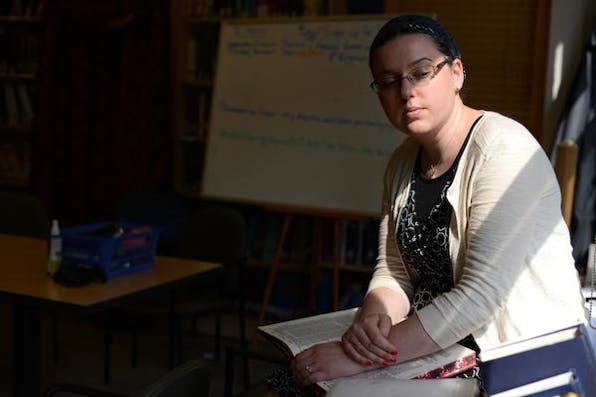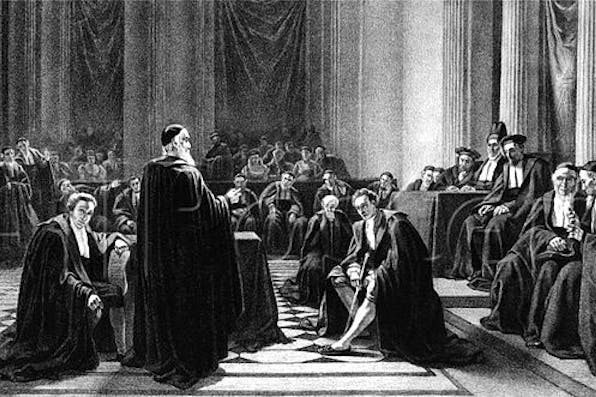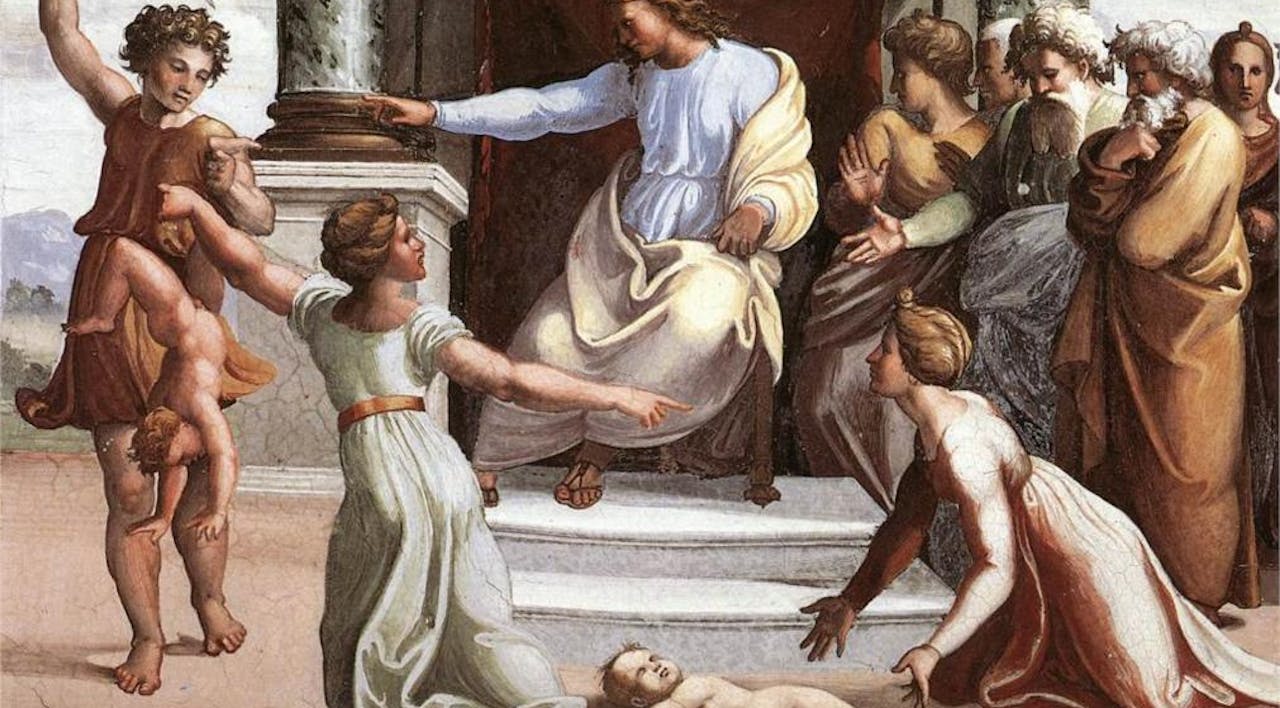
December 2013
What Is This Thing Called Law?
The Jewish Legal Tradition and Its Discontents
The headline-making issues facing American Jews and Judaism are all too obvious from the statistics gathered in the latest Pew report: climbing rates of out-marriage, growing numbers of Jews with no interest whatsoever in Judaism, a noticeable distancing from Israel. Only among the religiously observant, it seems, is the continuity of a vibrant Jewish life secured.
But whatever partial comfort is to be had from this last finding, it would be wrong to conclude that Jews who remain deeply immersed in the practice of Judaism and highly affiliated with Jewish institutions are without troubles of their own. To the contrary: in Israel as well as in the Diaspora, these communities are embroiled in fierce internal debates over any number of contemporary issues—the public role of women in synagogue life; the requirements for conversion to Judaism; and others—that threaten their own cohesiveness and future vitality.
The debates themselves reflect an ongoing tension—indeed, an age-old tension—between the impulse for traditionalism and the counter-impulse for adaptation and change in the light of shifting circumstances. For many tradition-minded Jews, the issue comes down to one of halakhah, which is to say religious law and its proper interpretation. Spirituality, community, personal growth, views of the future and of the past: all are mediated through the scrupulous practice of halakhah, the “portable homeland” of the observant Jew for more than two millennia. In addressing these and other issues, such Jews turn reflexively to see how the Jewish legal tradition has addressed similar issues in the past, and how past legislation informs the religious decisions they make today.
